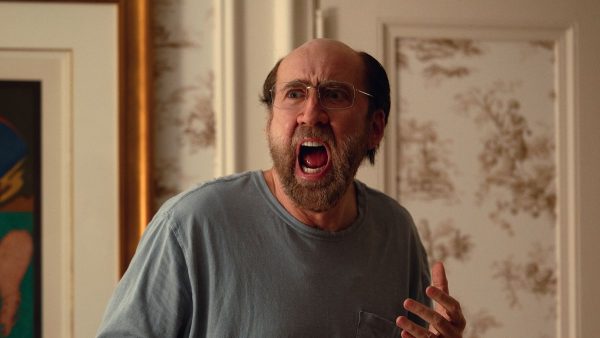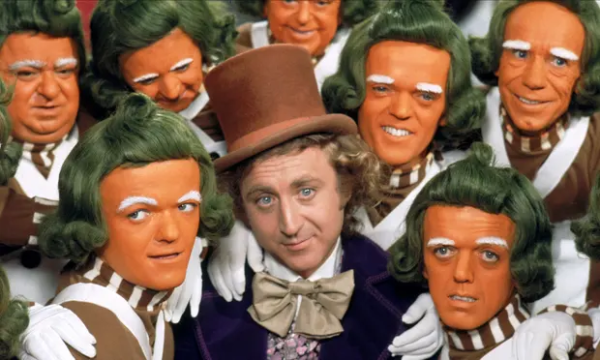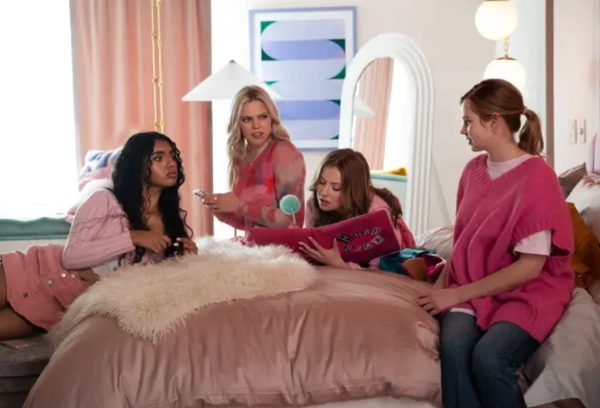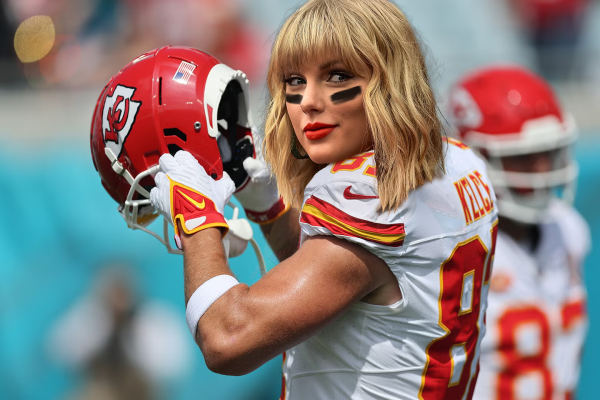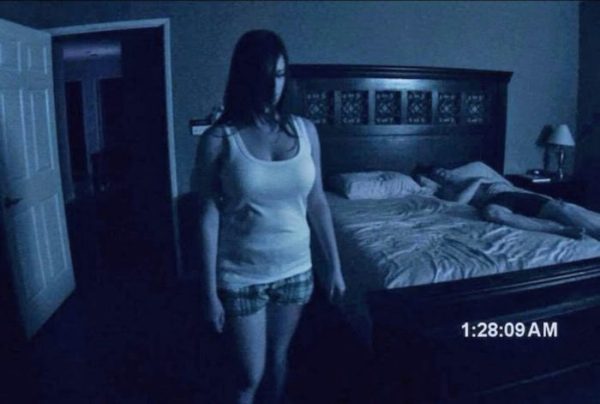On the Issue: Colorism
How Skintone Creates Divides Within Division

Courtesy of Google Images
February 5, 2016
Colorism is the prejudice or discrimination against individuals with a dark skintone, typically among people of the same ethnic or racial group. This prejudice has been an issue in the black community for centuries, creating a hierarchy of worth, beauty, and importance. In this hierarchical system, black people with lighter complexions are at the top of the pyramid, and those with darker skin are at the bottom.
In the United States, colorism’s roots are in racism, dating all the way back to the days of slavery. Slaveowners would have the lighter slaves work indoors and darker slaves kept as field hands. Lighter slaves would be forced to work indoors cooking, cleaning, and taking care of children because their light complexion rendered them “more worthy” to be in the constant presence of white people. The closer to whiteness, the more privileges they were afforded. Granted, they were still slaves. Blackness is blackness regardless of skintone.
Colorism’s continuance is perpetuated by modern forces. The media further carries colorism by way of exposure and representation (or underrepresentation), and its weight is especially carried by young black girls. Women with fair, lighter skin generally have a more positive, or at least more present, image in the media. From television, to magazines, to fairytales, “fair skin” is presented as an attribute of beauty. Countless rap songs praise light-skinned girls, as if the lighter, the more dateable or desirable. The media is constantly criticized by actors, entertainers, and models for this underrepresentation of darker girls and favoring of lighter skin. Many historic figures have been lightened by the media, like Jesus, Egyptian pharaohs, and other Middle-Eastern or African figures. Many cover models have even accused magazines of lightening their skin tone on covers and in spreads, including black actress and Scandal star, Kerry Washington. Unfortunately, this lightening done in photo editing software is common in the beauty and fashion world and is done to have images which satisfy the Eurocentric beauty standard of fair skin.
However, sometimes girls who have darker skin result to their own measures to lighten their skin. “Darkness correcting” products, Instagram filters, and Photoshop edits are all frequently used by black girls to seem lighter than they actually are.
Black women with lighter skin suffer from colorism as well, as they are often denied blackness from other women of color and fetishized by men.
The tolls of colorism transcend gender. Black males face stigmas and stereotypes based on skintone as well. Men with lighter skin are perceived to be more emotional and superficial. Darker skin leads to men being perceived as more aggressive or rough around the edges.
Colorism is not at all limited to the black community, as races and ethnicities all around the globe have adopted ideas which conform to the western world’s standard of beauty. Latino, Chinese, Japanese, and Indian communities all have a record of colorism. However, this anti-blackness is perhaps the most notorious in the Middle East.
In my opinion, colorism is a senseless divide within communities of color. There is no need to create minority groups within minority groups. Shade within race and ethnicity shouldn’t make one praised or put down within their own community, but rather embraced and accepted for the differences which make the community at large all the more beautiful. Regardless of Eurocentric, western world definitions of beauty, and regardless of media misrepresentation, all shades of all races are beautiful. Melanin amounts have nothing to do with worth or value.
I speak from personal experience. I spent middle school wishing I had lighter skin. I missed out on summer fun, not wanting to get a tan beneath the sun. When I did get out of the house, I applied layer upon layer of SPF, hoping that I would not return home any darker. I remember all of the eighth grade “I can’t see you because it’s dark outside jokes,” all of the dehumanizing posts I’ve read about dark girls looking like shadows, or roaches, or demons, and all of the times I’ve been told I was pretty “for a dark-skinned girl.” And all of this came from other black people.
The insider prejudice of colorism needs to be weeded out of the mindsets of communities of color.




